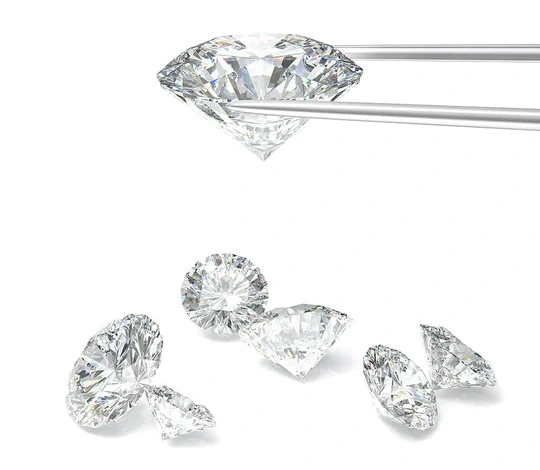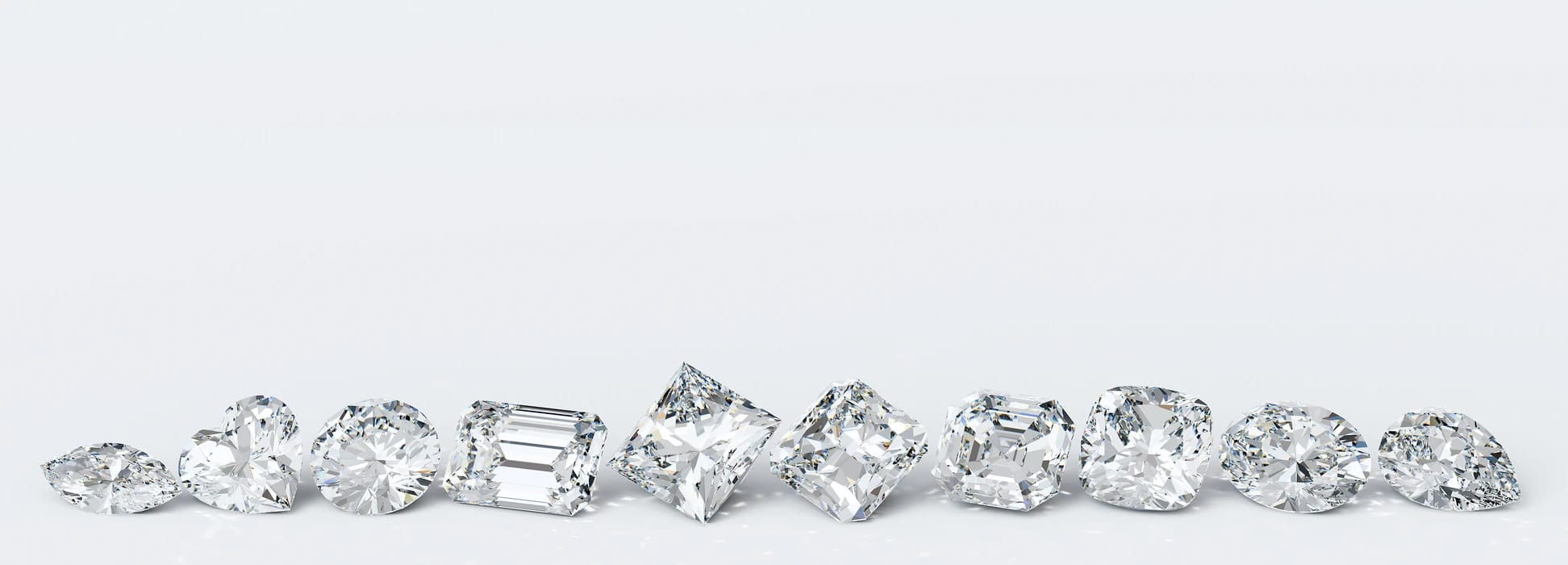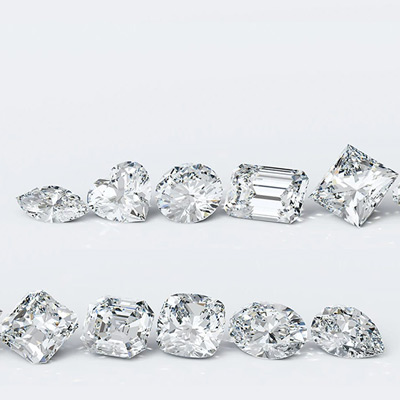- Free Shipping +$99 or In-Store Pick upLearn More
Our diamonds and gems are discovered through years of relationship building and adventure. After all, your special moments aren’t ordered online; your love isn’t grown in a lab, and your celebrations aren’t meant for the masses. Because at Martin Binder Jeweler, that’s always been our focus: We offer the world’s rarest diamonds and gems to celebrate inseparable connections, with the most meaningful gifts. . . Because just like your relationship, every stone has a story. And we vow to always share our best with you.

We travel multiple times per year to meet with direct-purchase contacts all over the globe. These suppliers share our passion for the ethics and standards established by the Kimberley Process. This international system helps us to partner with conflict-free sources that we all can feel confident in. As a business driven by value and meaning, we refuse to carry products that don’t strictly adhere to the Kimberley Process. Our goal is to leave this earth better than we found it. In that spirit, we are committed to doing our part in policing the diamond trade.
Learn More

The way a diamond is cut will significantly impact it’s beauty as well as the way light flows through the stone. Cut refers to the quality of a diamond’s proportions, angles, symmetrical facets, brilliance, fire and scintillation. These different factors will help determine the diamond’s ability to sparkle, along with its overall visual appeal. GIA diamond cut grades include Ideal, Excellent, Very Good, Good, Fair and Poor.
As diamonds grow, sometimes they develop little marks and blemishes. These mars are called inclusions. The less inclusions a diamond has, the more valuable it is considered. Diamonds with less inclusions are considered more clean and are therefore more expensive. Clarity is graded by the GIA on the following scale:
This rating refers to how white or colorless a diamond appears. Many people prefer the whitest, most colorless diamonds they can find. However, colored diamonds are extremely valuable depending on what look you are going for. The GIA grades color on a scale of D to Z. D is the most colorless, while Z contains a noticeable brown or yellow tint.
Many people assume that carat weight refers to the size of a diamond. In reality, carat weight refers to the actual weight of the diamond. One Carat equals 200 milligrams or 0.2 gram. If you were to compare the weight of one carat diamond, it would be similar to a quarter of a raisin. Depending on how the diamond is cut, 1 Carat of diamond may look very different. For example a round cut diamond might look much bigger than an oval cut.
We value your privacy
On our website, we use services (including from third-party providers) that help us to improve our online presence. The following categories of cookies are used by us and can be managed in the cookie settings. We need your consent before being able to use these services. Alternatively, you may click to refuse to consent, or access more detailed information and change your preferences before consenting. Your preferences will apply to this website only. You can change your preferences at any time by clearing your browser history/cache or visiting our privacy policy page.